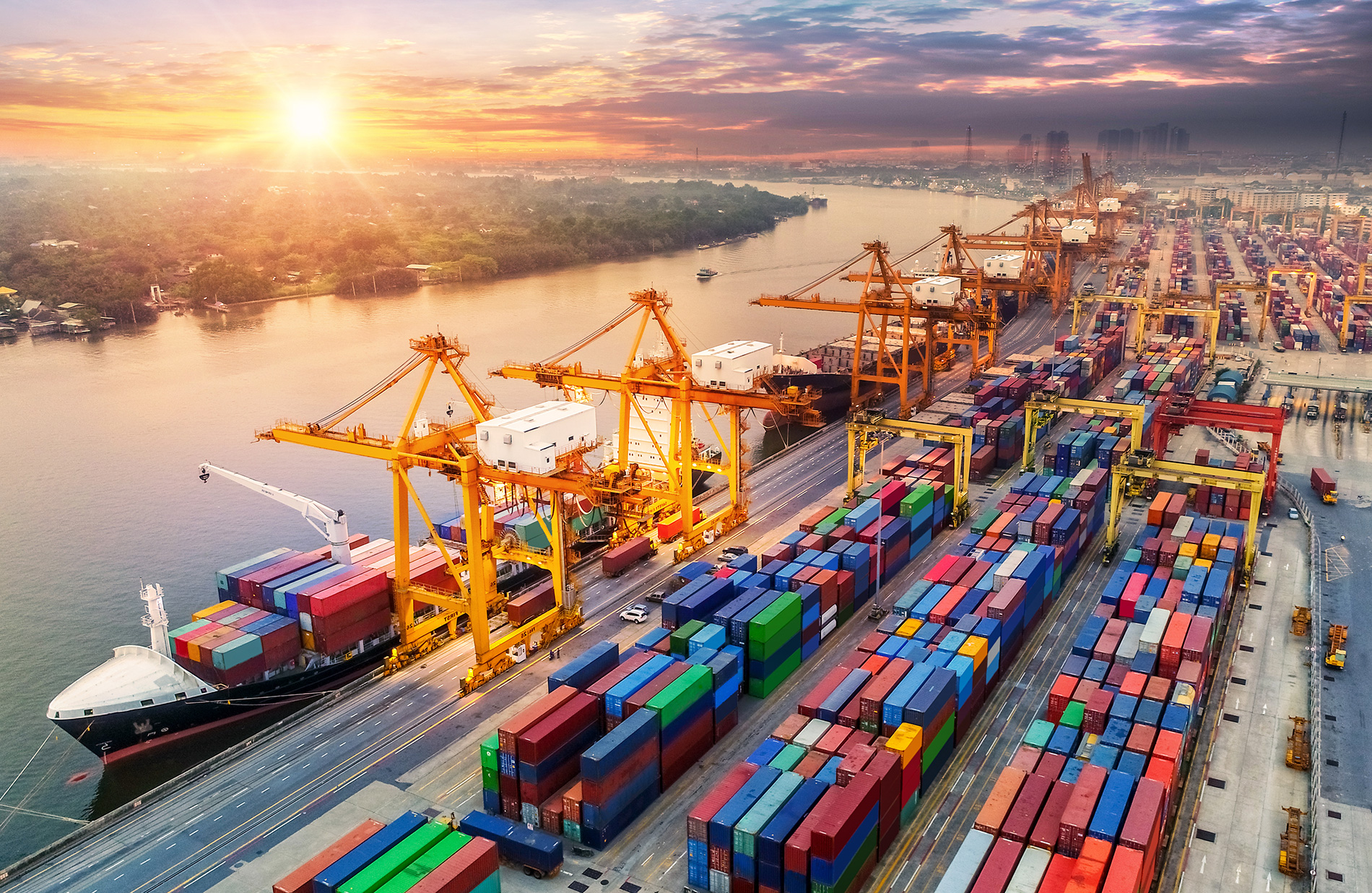
In international trade, the freight forwarder plays a central role. They ensure the transport of goods worldwide and serve as a link between manufacturers & suppliers and businesses & customers. If you need a service provider for your transactions, discover all the advantages of working with a freight forwarder and the criteria you should review to choose the right partner.
The Freight Forwarder: Definition and Role
A freight forwarder is a key intermediary in the international supply chain. Its main role is to manage the organization of goods transportation on behalf of exporting or importing companies. It coordinates the transport across different modes of transportation (road, air, sea, rail) and also handles customs formalities.
The Primary Responsibilities of a Freight Forwarder
The freight forwarder’s involvement covers various stages of the transportation process:
- They plan the route of the goods, taking into account the specific constraints of each mode of transport;
- They ensure that all customs and administrative documents are in order (commercial invoice, packing list, bill of lading, etc.);
- They monitor the progress of shipments and provide real-time updates to their clients.
Freight Forwarder: How Does It Work?
Precise coordination of each stage of the goods transportation process is at the heart of a freight forwarder’s business. To offer you the best transport solution, the forwarder first evaluates your needs. Then, they select the best service providers from various carriers to deliver an effective multimodal solution. The freight forwarder ensures on-time deliveries, manages unexpected events, and provides live tracking of the shipment.
The Advantages of Using a Freight Forwarder
Relying on a freight forwarder offers several benefits for companies. They gain access to logistics expertise, save significant time, reduce transportation costs, and benefit from better protection against risks.
Logistics Expertise
Engaging a freight forwarder is an opportunity for your company to benefit from the expertise of an international logistics professional. A forwarder has extensive knowledge of customs regulations, administrative procedures, and the characteristics of different transportation methods. This expertise helps reduce logistics errors and minimizes the risk of delays or border hold-ups.
Time Savings
Managing international freight transport is extremely complex. From completing the necessary formalities and coordinating with various contacts and partners to dealing with unforeseen issues, the freight forwarder’s workload can be substantial. Most companies do not have the time to devote to each of their shipments or orders. They need to focus on their core activities, so they delegate transportation management to a professional.
Cost Reduction
A freight forwarder helps clients save money by negotiating preferential rates with carriers. They also identify the most cost-effective transport solutions to lower your expenses.
Insurance and Risk Management
International transport operations always involve risks (delays, losses, or damages). With a freight forwarder, you benefit from tailored insurance solutions for each situation. Thanks to their experience, they can also deal more effectively with unexpected logistical challenges.
How to Choose Your Freight Forwarder: Criteria to Consider
Below are the three main criteria for selecting the best freight forwarder for your business: reputation, services, and pricing transparency.
Check Expertise and Reputation
Before placing your trust in a freight forwarder, evaluate their expertise in international logistics and their mastery of customs procedures. To do this, review customer feedback and industry references. A solid reputation is usually a good indicator of a reliable forwarder capable of handling unforeseen issues.
Analyze the Services Offered
Not all freight forwarders offer the same services. You must choose a partner that meets your company’s needs. Some forwarders specialize in air freight or maritime services, while others excel in road or rail logistics. There are also more versatile companies specializing in combined modes of transport (multimodal).
Compare Costs and Transparency
Of course, price should be a key factor in choosing your freight forwarder. Request detailed quotes and compare offers from all potential partners. Pay close attention to hidden costs such as customs fees or additional insurance.
The Freight Forwarder: Your Essential Partner for Goods Transportation
Selecting the right freight forwarder ensures the success of your international shipments. A good forwarder handles administrative procedures, carrier follow-up, and the overall coordination of your import-export operations on your behalf. They provide smooth logistics between different countries, allowing you to focus on your core business. Discover our logistics solutions to ensure optimized routing of your goods. We also offer warehouse consolidation services.


